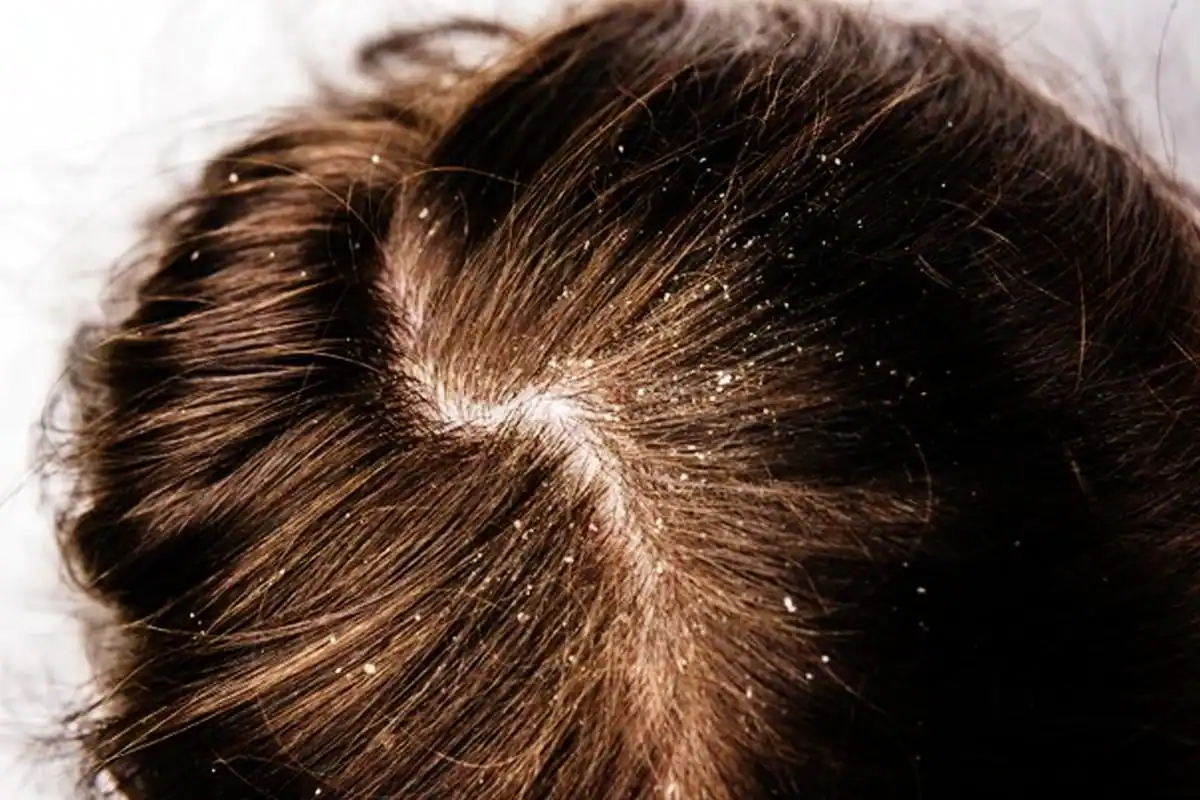Understanding About Dandruff

What is Dandruff?
Dandruff occurs, essentially, when small bits of dry skin are shed from the scalp. You might spy these flakes in your hair or on your shoulders. Dandruff may make your scalp itchy, too. It’s a common problem, but it isn’t as simple as it seems. Dandruff is actually quite tricky to define because it overlaps with seborrheic dermatitis (a chronic form of eczema) and other skin conditions that lead to a scaly scalp. Here’s what you need to know.
Skin cells on the scalp constantly renew themselves just like any other part of the body. So, when new skin cells appear on the scalp, the old ones are pushed to the surface and come away from the scalp. This process is known as flaking, but in the case of people suffering from the condition of dandruff, the skin renewal process is accelerated, which means that more dead skin is shed hence the white flakes are more noticeable. Dandruff is not really related to your hair, or how you wash your hair, but it is all about your scalp skin and how you treat it to get rid of dandruff.
A very common cause of dandruff is a fungus called Malassezia globosa. This fungus lives on the scalp of most healthy adults without causing any problems. While in some individuals’ dandruff may overreact to that fungus and can become a condition.
What Causes Dandruff?
Skin cells on the scalp constantly renew themselves Dandruff may have several causes and differ from person to person, while the most common causes are Irritated and oily skin Not maintaining clean hygiene and not shampooing enough, as it causes skin cells to accumulate and create flakes and itching.
A reaction of our immune system to a type of yeast that lives on the skin called a Malassezia globosa Hormonal issues may be involved because dandruff is most found after puberty in young adults Sensitivity to hair care products (contact dermatitis) Other skin conditions, such as psoriasis and eczema.
What Are The Symptoms Of Dandruff?
Dandruff is marked by an irritated and itchy scalp, which is followed by white skin flakes. These white, oily flakes accumulate in your hair and on your shoulders and get worse during the cold weather when the air is dry.
The signs and symptoms may be more severe if you are stressed, and they tend to flare in cold, dry seasons.
A red rash due to the itching can also be seen around the scalp, forehead, and ears or forehead that if you are suffering from dandruff.
Constant hair loss is a commonly found symptom in cases of dandruff.
Preventive Measures Against Dandruff
The following steps can help dandruff prevention
Regular brushing of hair and washing them at least three times a week with a dheeva’s hair wash powder that suits your skin type is necessary. After washing your hair, it is recommended to rinse it thoroughly to get all the hair wash powder out.
Dheeva’s Anti Dandruff Hair oil that contain emblica officinalis and active compound like acorus calamus and hibiscus Rosa sinensis helps in dandruff prevention as well as reducing it. It is because of the antifungal and antiseptic properties of emblica officinalis which is also one of the major ingredients in dheeva’s anti dandruff hair oil.
Gently massage your scalp and do not scratch.
Chemical-based products should be avoided on your scalp. The chemicals can wash away the good bacteria that are present on your scalp. These bacteria help fight against dandruff causing yeasts.
Hair products such as hair gels and hair sprays can adversely react to your skin type and these products are also responsible for building up oils that can irritate your scalp. Hence, it is advised to always check if the product is suitable for your skin type by avoiding the use for some time to see if your dandruff improves.
Risk Factors Associated With Dandruff
Dandruff can happen to anyone; however, some individuals are more susceptible to the condition of dandruff owing to the following factors:
Age: Young adults are more susceptible to dandruff than individuals in old age, while it continues to affect people in middle age.
Being a Male: Men have more chances of getting dandruff to their counterpart, as per some research findings male hormones might play a role in causing dandruff.
Certain illnesses: Some diseases like Parkinson’s disease can affect the nervous system and might increase the risk of getting dandruff. A weak immune system caused by HIV can also cause dandruff.
